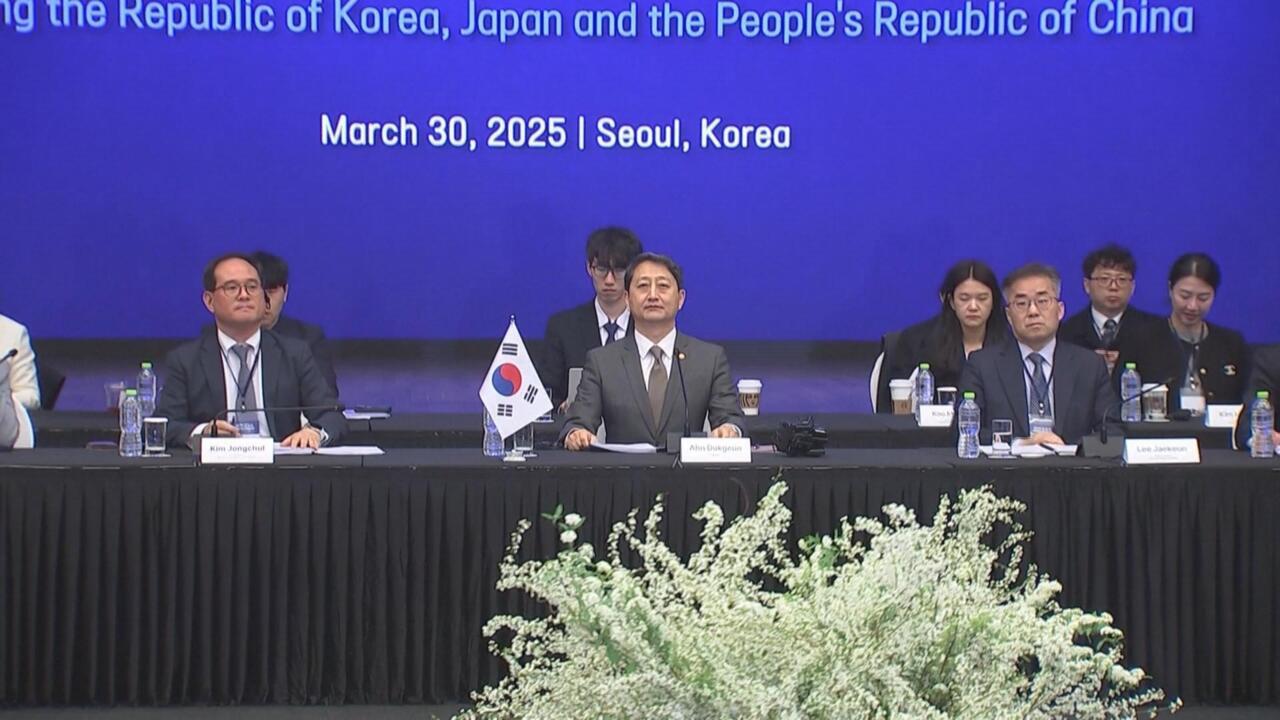Trade Tensions Rise: Asian Markets Prepare for Trump's Potential Tariff Blitz on 'Liberation Day'

Asian Economic Powers Converge for Crucial Trade Talks Amid US Tariff Tensions
In a pivotal moment for regional diplomacy, South Korea, Japan, and China are convening a high-stakes trilateral summit against the backdrop of escalating trade pressures from the United States. The meeting comes as Washington prepares to implement potentially disruptive "reciprocal" tariffs that could significantly impact major Asian economies.
The summit represents a critical opportunity for these economic powerhouses to strategize and present a united front in the face of mounting international trade challenges. With the threat of new US tariffs looming, the three nations are seeking to strengthen their economic cooperation and explore strategies to mitigate potential financial disruptions.
Analysts suggest that the discussions will likely focus on developing collaborative approaches to navigate the complex global trade landscape, particularly in light of increasing protectionist policies from major economic players. The outcome of these talks could have far-reaching implications for regional economic stability and international trade dynamics.
As tensions continue to simmer, the summit underscores the importance of diplomatic dialogue and mutual economic understanding in an increasingly unpredictable global economic environment.
